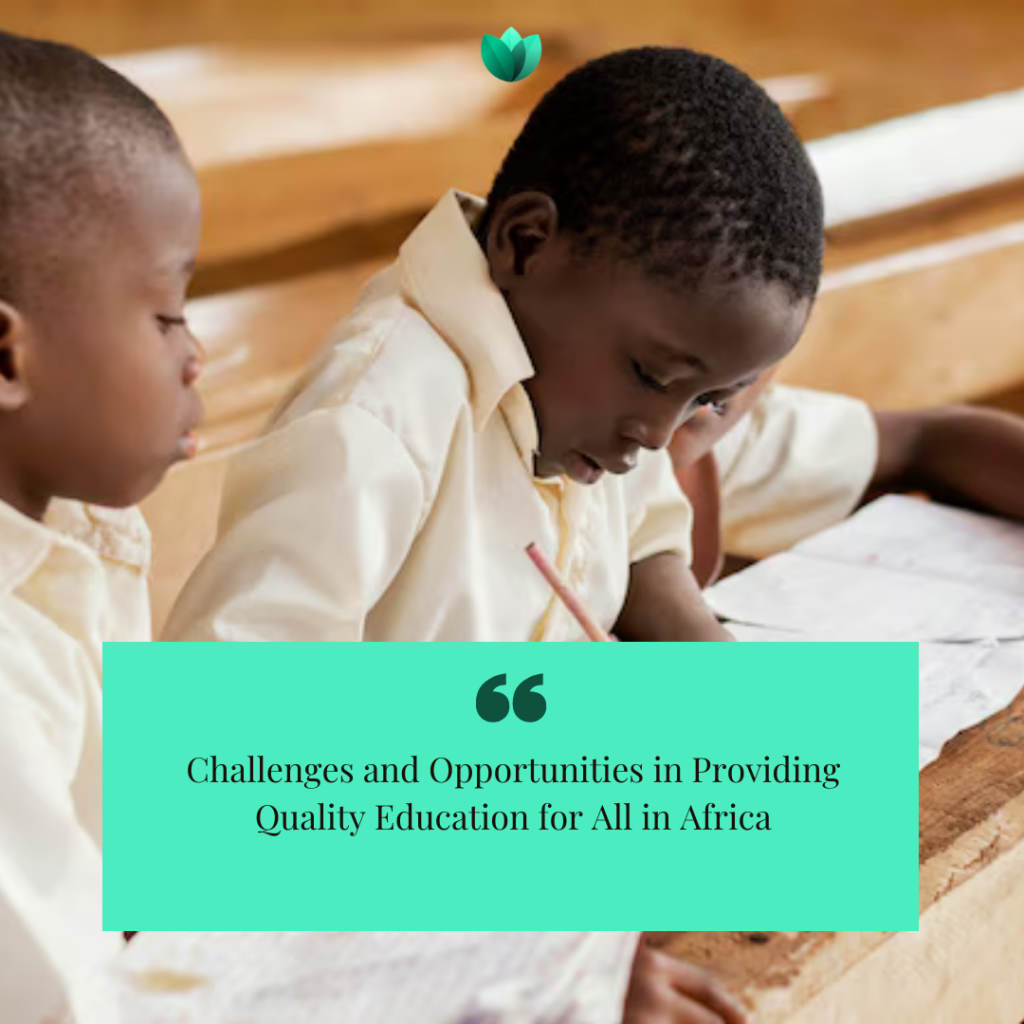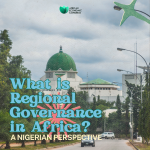A young girl from a local community in Nigeria wakes up every morning with ambitions and dreams to be a doctor and serve her neighbourhood. But when she walks kilometres to school, many challenges are waiting for her: little or no books, unconducive learning classrooms, and, in some cases, no teacher available to teach at all. How about a young boy in a rural area of Kenya who has a passion for science but has never even visited a laboratory? These are simply the realities of many African children. For these children, education is the path to a brighter future. However, millions of children in Africa face severe challenges to receiving a proper and quality education. But here’s the good news: these difficulties also present some potential to transform the educational landscape. Let’s delve into the challenges and prospects of providing quality education in Africa and shed light on how we can ensure that an average African child gets the education he or she deserves.
Challenges in Providing Quality Education
1. Lack of Infrastructure
Many schools in Africa lack basic infrastructure. They learn in classrooms without walls, roofs, or even desks, and study science without a lab.
2. Inadequate Learning Materials
Learning materials are very important. Without them, children cannot read or write, thereby making learning difficult.
3. High Educational Costs
Even if elementary education is free in certain countries, additional expenditures make it difficult for low-income families to send their children to school.
4. Cultural and Gender Barriers
In some African communities, cultural beliefs and traditions discourage children, particularly girls, from going to school. They are expected to stay at home to help with chores or marry young.
Opportunities for Improving Education
1. Infrastructure Investment
It is important to build and renovate schools and provide adequate facilities. Governments and organisations can work together to create safe and conducive learning environments.
2. Teacher Training Programmes
Investing in teacher training ensures that teachers are properly prepared to provide outstanding teaching and stay updated with modern teaching approaches.
3. Community Involvement
Involving communities in the educational process can help to overcome cultural barriers and urge families to prioritise education for their children, particularly girls.
4. Scholarships and Financial Aid
Offering financial assistance to families can help alleviate the financial burden of education. Scholarships, free school meals, and the provision of uniforms can all help children stay in school.
5. Public-Private Partnerships
Working together, governments, corporations, and non-governmental organisations (NGOs) can mobilise resources to address these challenges. They can provide funds, materials, etc., to help improve schools.
6. Policy and Governance
Effective educational policies and good governance are also essential. Governments must ensure that these policies are adequately implemented.
Providing quality education for everyone in Africa is both challenging and rewarding. While there are huge challenges to overcome, the opportunities for constructive change are great. By exploring these opportunities to tackle the challenges, we can contribute to a future in which every child in Africa has access to a quality education.
africa African democracy African economy African politics African youth agriculture AI Artificial Intelligence business commerce corruption coup in Africa democracy development economy education empowerment finanace finance girlchild investment Leadership nigeria politics renewable energy sustainable development technology Traditional leaders women in politic youth youth empowerment



